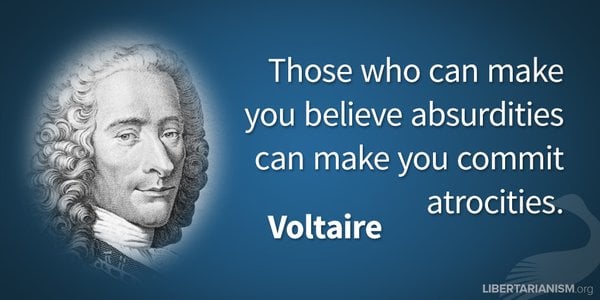I do not agree that "Communism is based on atheism." Communism is a political theory derived from Karl Marx, advocating class war and leading to a society in which all property is publicly owned and each person works and is paid according to their abilities and needs.I guess I could say that they had nihilistic views or tendencies. I think of nihilism as a kind of over-arching category. Technically as pointed out already no one can really be a nihilist because you have to believe something and you have to have some purpose such as nihilism itself ... But nihilism as an ideal is striven for by many people. That's why I look at it as an overarching category.
Communism is based on atheism which is why atheism is always so heavily promoted by communist regimes. Communism doesn't work with religious people. The atrocities of communists go on to this day.
Notice that there's not a word about religion, God, atheism in that definition.
In fact, you can find various versions of communist ideas going further back than Marx. Read Thomas More's Utopia, for example, and Thomas More was a very staunch papist Catholic who died refusing to deny his religion.
Now, it may well be true that Communism doesn't get along well with religion, but let's look at the reasons for that.
Karl Marx believed that communist hatred of faith is not a fault, but a feature. He said that religion is the “opium of the people,” but more importantly, “The abolition of religion as the illusory happiness of the people is the demand for their real happiness.” Criticism of religion is “the criticism of that vale of tears of which religion is the halo.”
Religion may show man’s longing for a better existence, Marx argued, but it also prevents that dream from becoming reality.
But no, Communism is NOT "based on atheism." Not in the slightest.

